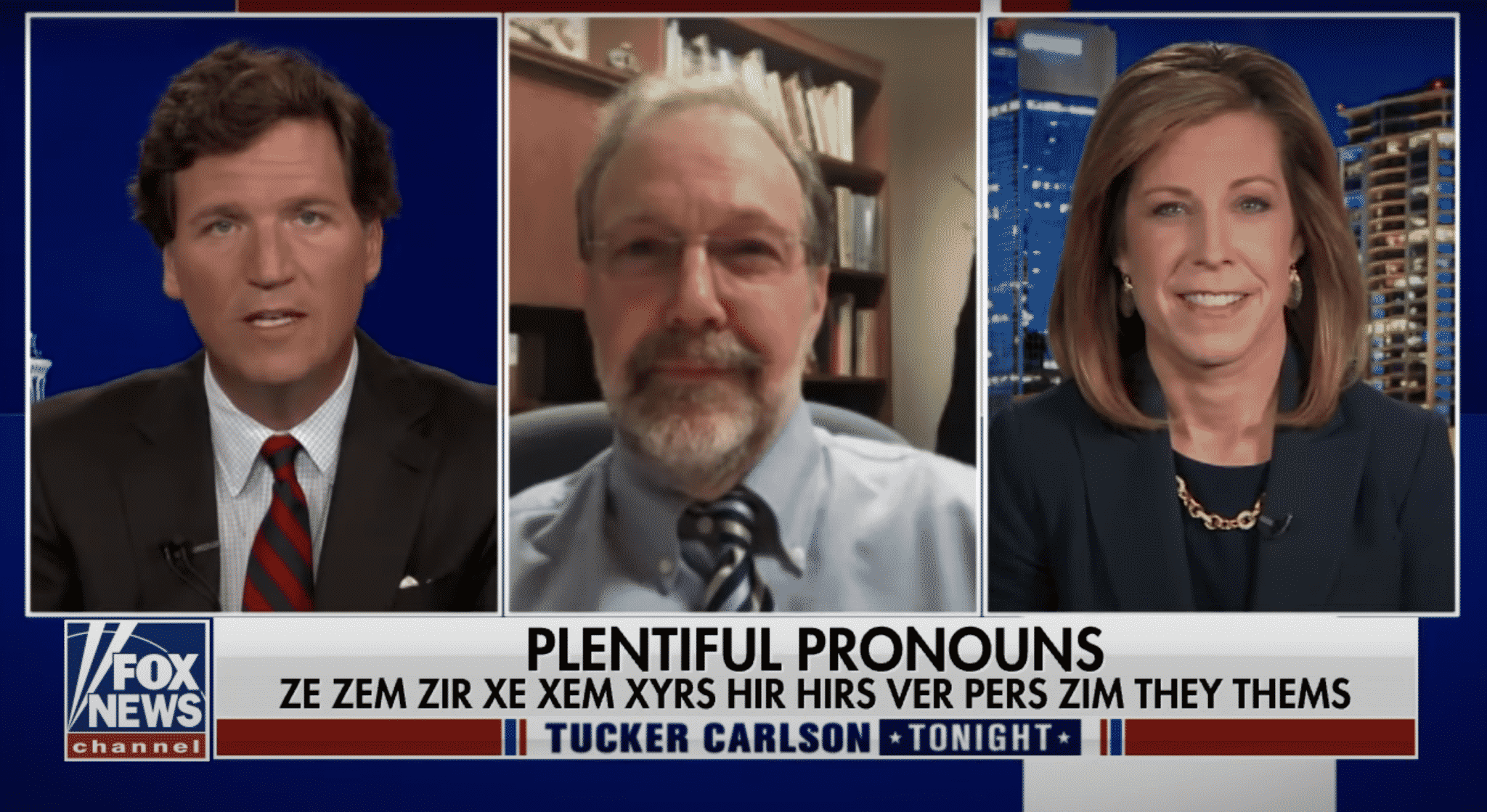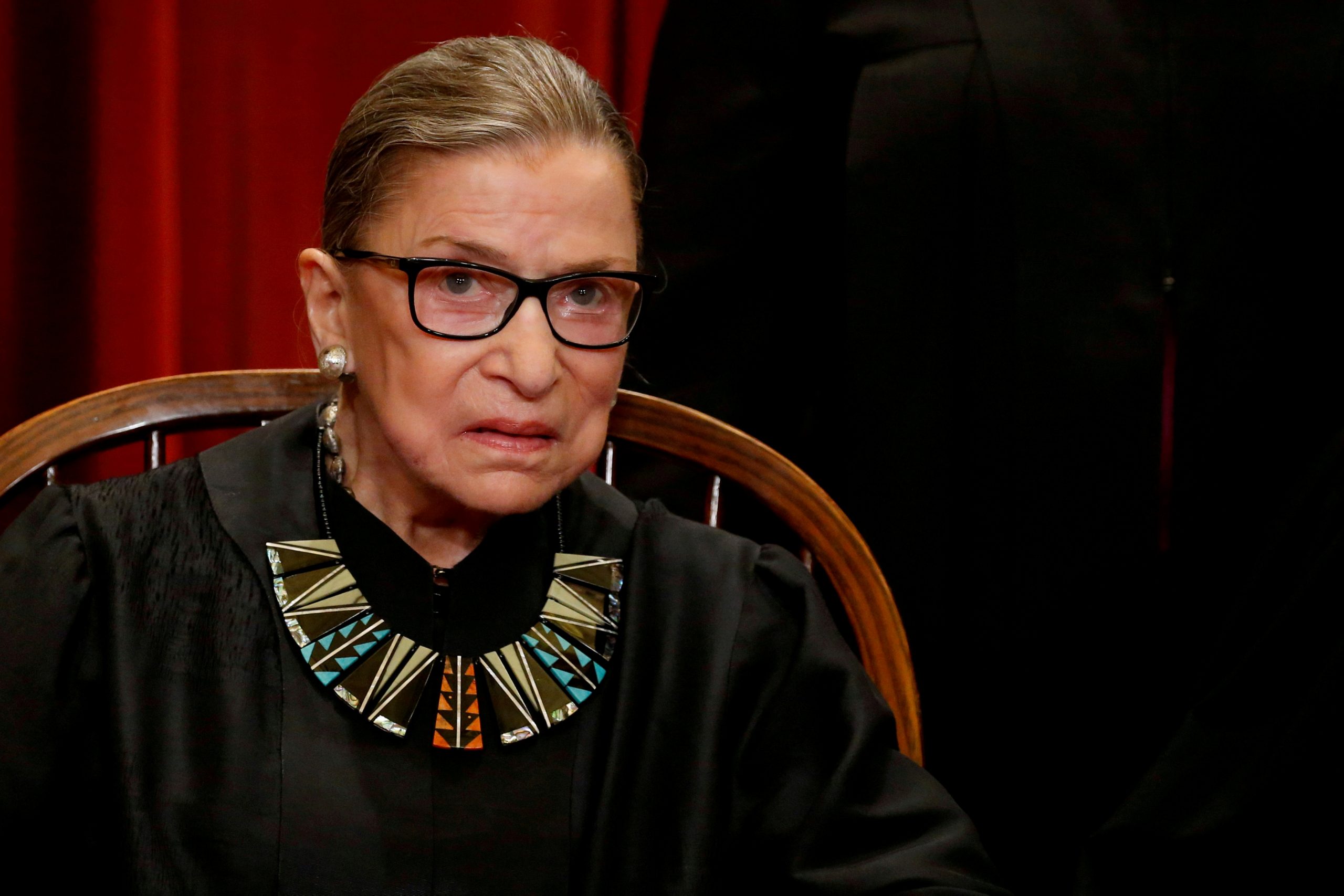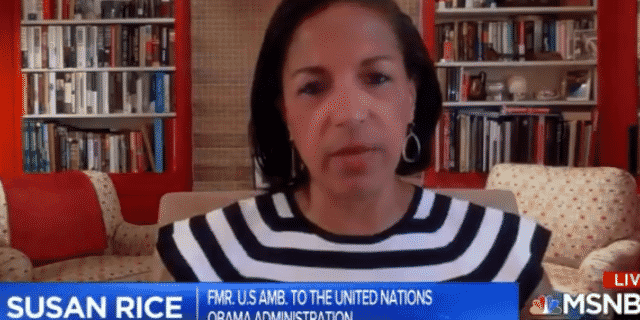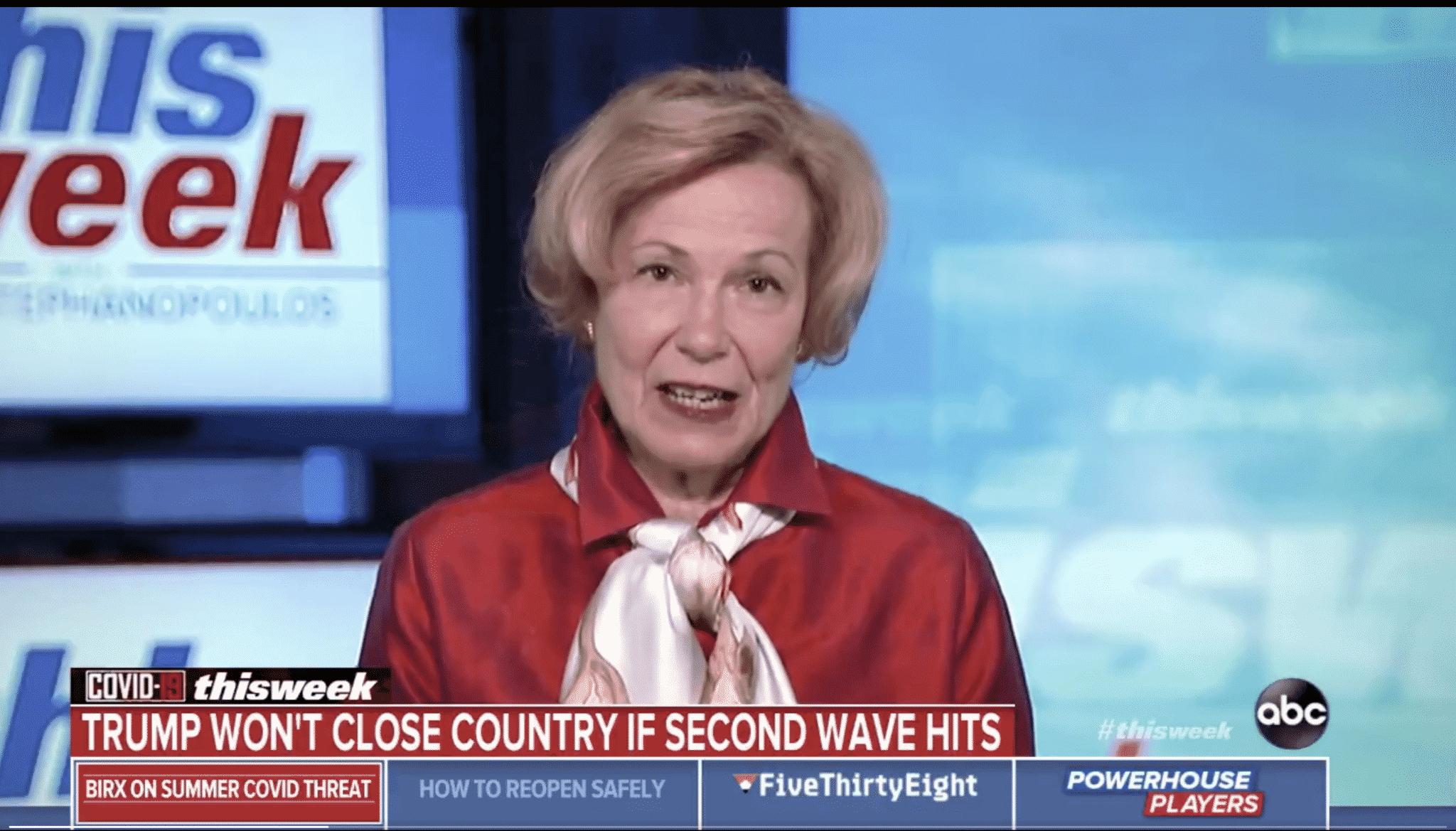A professor is sharing his experience with battling Shawnee State University in Ohio after the school disciplined him for refusing to use the pronouns of a transgender student.
Fox News’s Tucker Carlson noted the professor, Nicholas Meriwether, filed a First Amendment lawsuit and won his case in the 6th U.S. Circuit Court of Appeals.
Carlson asked Meriwether on Thursday what made him bring the case to court.
“Well, basically, if I had not, I would have been fired. I would have been terminated. That was one reason. It wasn’t the only reason. The other reason was, as you just said, I think we need to stand up against it, and I do think that we are losing our academic freedom,” Meriwether said.
He added, “We’re losing our freedom to disagree, and unless and until people stand up to it, I think it’s just going to get much, much worse, much, much faster.”
Watch the conversation below:
Turning his attention to Kristen Waggoner, senior legal counsel at Alliance Defending Freedom, he asked her what the legal precedent is in this case and how others can use it.
“Well we won on both free speech and free exercise grounds and the 6th Circuit Court of Appeals said very clearly that the use of titles and pronouns is a part of a debate that this nation is engaging in right now and that those terms are infused with great meaning, that that’s not the government’s role to set the terms of that debate or to weigh in on one side or the other,” Waggoner explained.
Meriwether’s lawsuit was previously dismissed by a district court for lack of standing. The decision made by the 6th Circuit Court of Appeals will send the lawsuit back to a lower court where the professor can make his case.
Judge Amul Thapar wrote in the opinion, “Traditionally, American universities have been beacons of intellectual diversity and academic freedom. They have prided themselves on being forums where controversial ideas are discussed and debated. And they have tried not to stifle debate by picking sides.”
He continued, “But Shawnee State chose a different route: It punished a professor for his speech on a hotly contested issue. And it did so despite the constitutional protections afforded by the First Amendment. The district court dismissed the professor’s free-speech and free-exercise claims. We see things differently and reverse.”






















